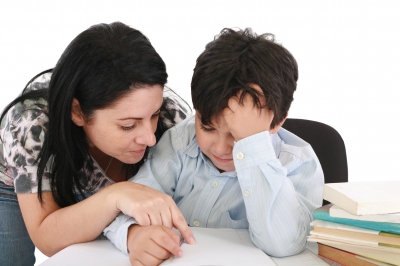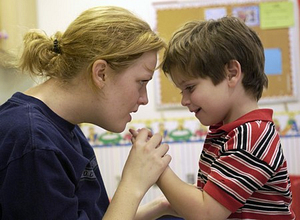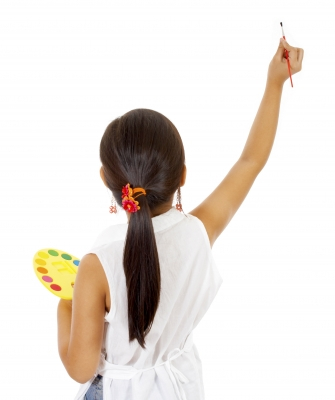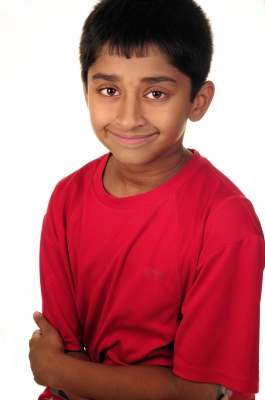Is your child easily distracted? Creative, impulsive and full of limitless energy?
Finding it difficult to focus in class or at work?
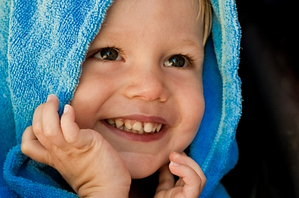
With so much intensity, energy and creative capacity, it can be difficult to focus on one thing for any length of time. This is especially evident in many kids today, who may be fine one minute and off the wall the next.
Those who have this unique personality and behaviour have been called many things over the years. ADD, Attention deficit disorder, and ADHD, Attention deficit hyperactivity disorder, are the most commonly used labels to describe this type of person when their talents and creative potential are misunderstood or not properly expressed.
In the past, our approach has been to medicate these hyper-active individuals, effectively making them more manageable at home and in the classroom. Unfortunately, there are side-effects to the medication.
Read the medication warning for yourselves, and you will be alarmed by the side effects listed on the inserts:
– Confusion
– Depersonalization
– Hostility
– Hallucinations
– Manic reactions
– Loss of consciousness
– Delusions
– Feeling drunk
– Alcohol abuse
– Homicidal ideation
What Helps Then?
There are a number of natural ways to deal with the “calm-challenged” individual. Here are three very effective ones:
1. Diet:
The great news is that substituting healthier foods can immediately reduce ADD and ADHD symptoms in many cases.
According to Dr. Frank Lawlis, author of The ADD Answer: How to Help Your Child Now, There are a number of excellent studies that have demonstrated a 50 to 70% resolution of hyperactive behavior and increased concentration spans with specific foods.
For a brilliant natural ADHD Diet Plan: Follow this link.
2. Mind:
What many people do not realise is that the mind can be trained. Just as we train a muscle by 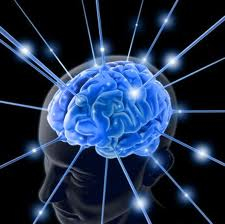
The greatest tool I have found for this is meditation.
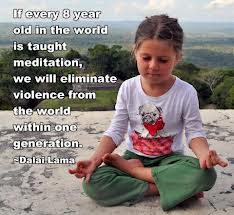
A great and simple way to start is too ask your child to sit with their eyes closed, take three deep breaths and simply remember all the things they love.
For a Free Guided Meditation Course: Click Here.
3. Authentic Expression:
Finally, a third way to help those with limitless energy who struggle to focus, is to give them a way to express it.
Whatever they are drawn to, encourage their authentic expression by helping them find ways to do what they enjoy most. This acts as a way to constructively release some of that seemingly limitless, undirected energy.
For example, it might be painting or writing or dancing or playing a musical instrument or even a new sport – whatever it is, you’ll know because you won’t have to motivate them to do it, they’ll motivate themselves, as they enjoy it so much.
One great tip I heard is to take your high-intensity child and have them run themselves ragged in the morning, before school starts. Take them to a field to ride their bike, or play with a frizbee or run around a park, whatever is fun.
By the time class comes, their ability to focus and sit still will be greatly improved.
Don’t Tell Me What To Do!
Finally, when dealing with your strong-willed child, one vital insight is:
Give them a choice not an instruction.
Clearly explain upfront that they are responsible for choosing what they want and for the consequences that result from their choices.
Understanding that they are responsible for their choices, is a great way to help them learn that there are consequences resulting from each choice we make and will stand them in good stead for their choices and actions later in life.
As long as their choices are constructive and don’t involve base-jumping off buildings or painting the dog purple, things will be fine.
What good tips have you come across? Feel free to share them below.
You might be interested in:
Moms are busy individuals. Aside from having to...
Found this Useful? Share with a ...
[Reading Time: 3 Minutes] Sleep is one of...

